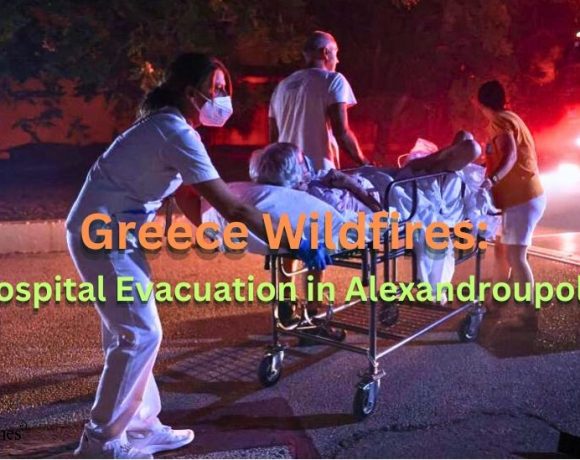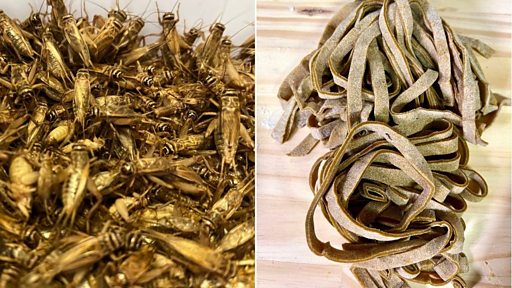
Ukraine has firmly rejected Pope Francis’ suggestion for Kyiv to negotiate an end to its conflict with Russia and to “raise the white flag.” The country’s foreign minister emphasized Ukraine’s commitment to its blue and yellow flag, stating they would never raise any other flag. President Zelensky dismissed the Pope’s remarks as “virtual mediation,” while a Vatican spokesman clarified that the Pope was advocating for negotiation rather than capitulation.
The Pope’s comments, made in an interview with Swiss broadcaster RSI and set to air on March 20, sparked widespread criticism. President Zelensky praised Ukrainian chaplains on the frontline but did not directly address the Pope’s statement. Ukrainian Foreign Minister Kuleba reiterated Ukraine’s allegiance to its flag, while the country’s ambassador to the Vatican compared the Pope’s words to advocating talks with Adolf Hitler during World War Two.
Vatican spokesman Matteo Bruni explained that the Pope used the metaphor of the white flag proposed by the interviewer to indicate a truce achieved through negotiation, emphasizing that negotiations are not a surrender. The conflict between Ukraine and Russia has continued for over two years, with Ukraine facing defensive challenges. In the United States, a bill to provide $60 billion to Ukraine was blocked in Congress, and European countries are struggling to reach a consensus on supporting Kyiv.
Picture Courtesy: Google/images are subject to copyright


